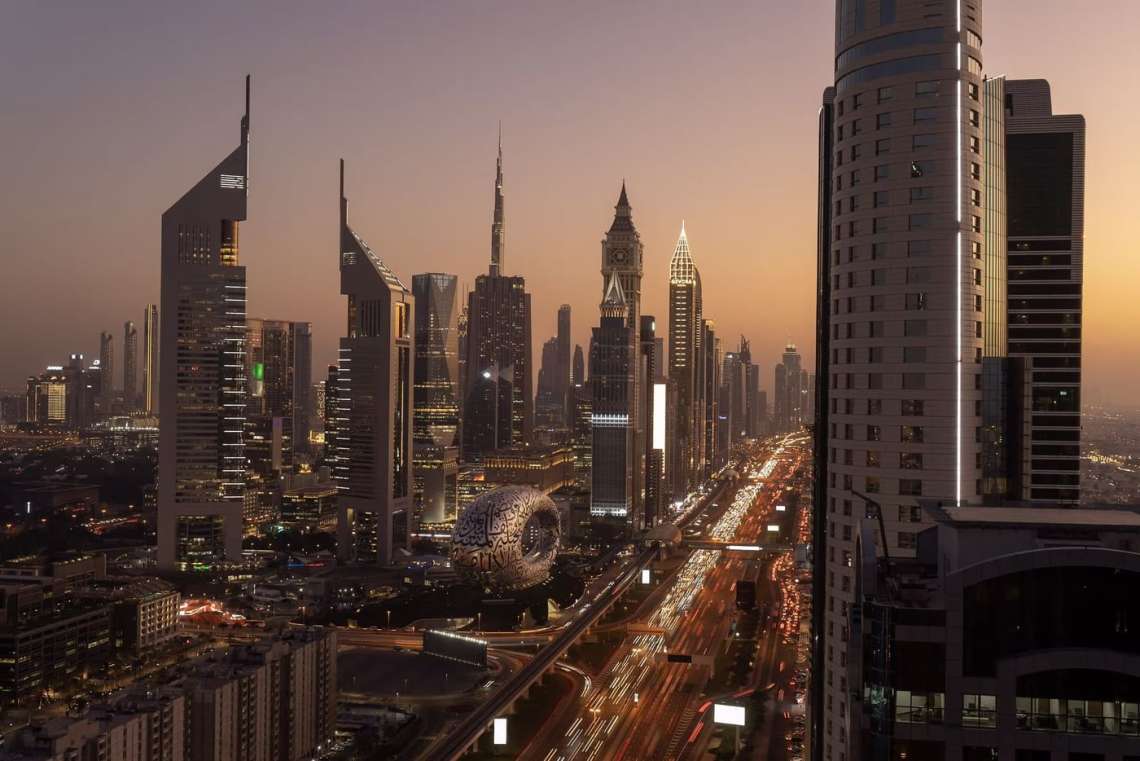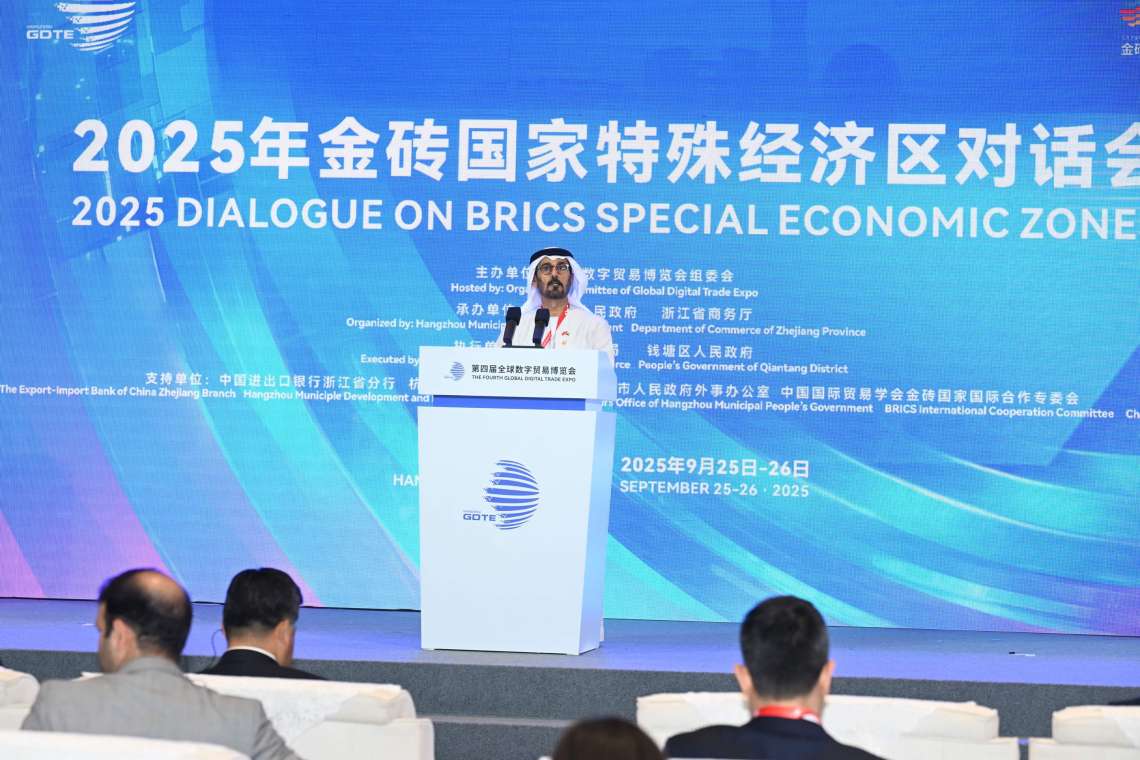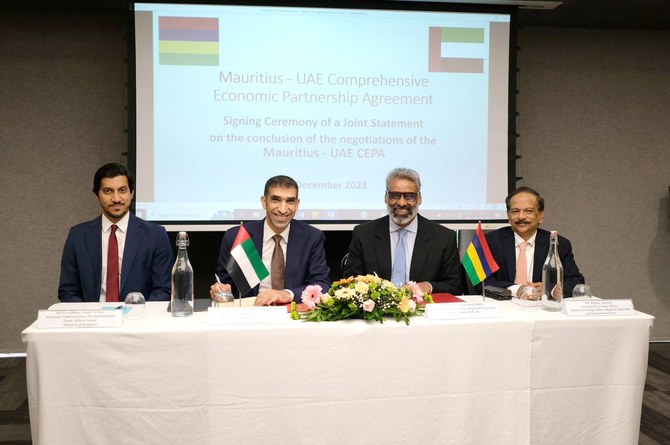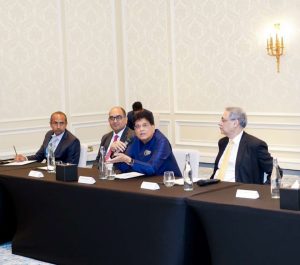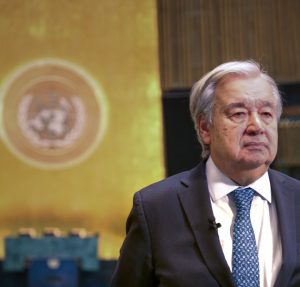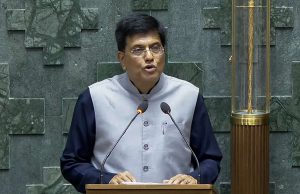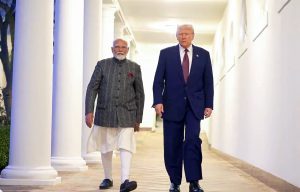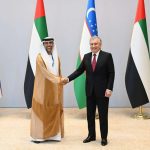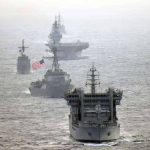This dominant performance, highlighted in the seventh edition of the AMF’s Arab Economic Competitiveness Report, underscores the UAE’s sustained progress across crucial sectors, including its robust overall economy, increasingly attractive investment environment, and growing allure.
The United Arab Emirates has cemented its position as the most economically competitive nation in the Arab world, securing the top spot in the latest Arab Economic Competitiveness Index released by the Arab Monetary Fund (AMF).
This dominant performance, highlighted in the seventh edition of the AMF’s Arab Economic Competitiveness Report, underscores the UAE’s sustained progress across crucial sectors, including its robust overall economy, increasingly attractive investment environment, and growing allure.
The report further highlighted that the UAE secured the top position in the government financial sector index, ranking first in the deficit/surplus to GDP ratio and second in the tax burden index.
Additionally, the report mentioned that the UAE came in first place among Arab countries in terms of investment environment and attractiveness, topping the economic freedom index due to its advanced standing in all sub-indices.
The UAE also topped the infrastructure sector index, leading in mobile phone subscriptions and the percentage of the population with access to electricity, while ranking second in the share of air transport and shipping to total global transport and shipping.
In terms of institutional and good governance sectors, the UAE came out on top among Arab countries, achieving an advanced ranking in both the administrative corruption and government efficiency indices.
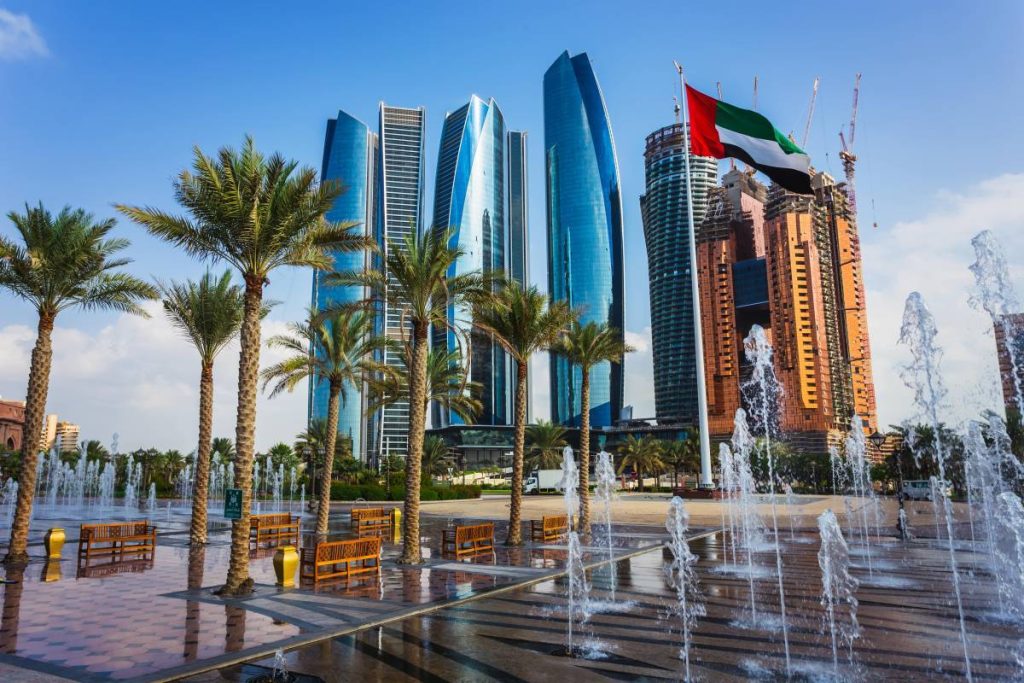
The Arab Monetary Fund report highlighted that many Arab countries have adopted multiple national strategies and visions to enhance productivity, improve the efficiency of produced goods, and focus on productive sectors. The Arab countries are striving to develop service sectors, facilitate business environments, and enhance infrastructure to address challenges that hinder their competitiveness.
At the heart of these national endeavours lies a shared ambition: economic stability, sustainable growth, and improved living standards for Arab citizens. The strategies encompass a diverse toolkit, from propelling investments in local industries to fostering attractive business environments for foreign capital.
Recognising the pivotal role of skilled citizens, Arab countries are investing heavily in education and workforce training. The goal is to equip their workforce with the expertise needed to thrive in productive sectors and service industries. Alongside, massive infrastructure projects are transforming transport networks, port facilities, and logistics services, empowering these nations to compete in the global marketplace.
The AMF report anticipated that the enhancement of economic competitiveness and productivity would contribute to diversifying Arab economies, providing employment opportunities, leading to sustainable economic development, and raising citizens’ living standards.
ALSO READ: ‘UAE GDP Set to Grow 5.7%’


